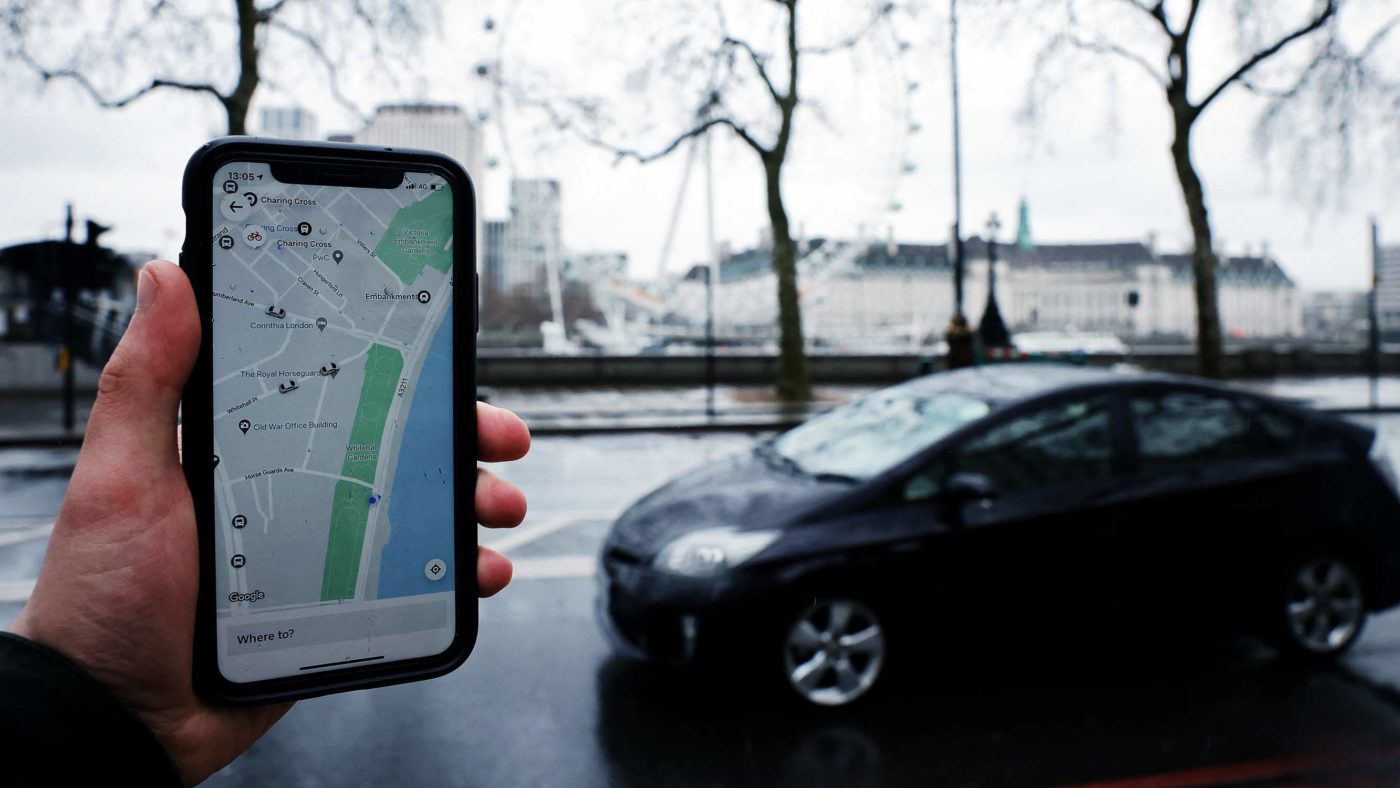Today’s news that Uber drivers will get a guaranteed minimum wage, holiday entitlement, pensions contributions and insurance is clearly a big moment for the gig economy. Given the company’s share of the ride-sharing economy, their announcement is likely to have reverberations not just in the British taxi market, but in app-based businesses the world over. It will be fascinating to see whether other countries follow the UK’s lead and adopt the new category of ‘worker’ – neither a contractor nor a full-blown employee – which seems well suited to much of the gig economy.
It’s easy to cast the recent court case and today’s announcement from Uber as a David and Goliath case of plucky workers triumphing over a big, bad American corporation, but things are rarely so simple.
Yes, Uber would have preferred to have continued with an ultra-flexible model, and they contested a five-year legal battle over these changes. Still, the firm has clearly decided that it’s not worth fighting this any further and they can make a sensible accommodation with the court’s decision without, hopefully, raising costs for consumers.
And if this is a victory, it’s not necessarily one sought by Uber drivers themselves. The original employment tribunal case may have been brought by two drivers, but their view was by no means representative of their colleagues. A survey of thousands of drivers, conducted by Uber and a group of respected academics, found most would prefer not to trade the flexibility of the app for greater benefits (clearly the idea of a cost-benefit analysis was not lost on them).
It’s also worth noting that the distinction between ‘worker’ and ‘self-employed’ is not as clear-cut as some of the news reports might suggest. For tax purposes, Uber drivers remain self-employed and must complete a tax return as such – although they will now have those extra benefits too.
What about pay? From headlines about drivers being paid a minimum wage, you might be forgiven for thinking drivers were earning less than that before. But, again, that’s simply not the case. After expenses, the average driver earns around £14 for every hour they are driving, rising to £17 in London – not a king’s ransom, perhaps, but well above the minimum wage. It also seems reasonable to suggest that many drivers simply would have stopped driving if they had been earning less than the minimum wage.
Some critics may object that Uber is only guaranteeing their drivers’ wages while they are driving for Uber, not from the moment their ‘shift’ starts. However, this ignores the fact that for many drivers a driving shift does not mean working for one company, but logging into multiple apps. Clearly, it would be totally unfair for Uber to foot the bill for time that drivers were actually driving for Halo, Kapten, Bolt or whoever else. To run things in reverse, if Uber had agreed to pay drivers for every minute they are driving, the company would surely have insisted that they only work for Uber during those hours, removing any potential earnings from other apps.
With the arrangement announced today, therefore, drivers get a greater degree of certainty over their conditions without sacrificing the flexibility that so many value.
Consumer value
In all this focus on the relationship between Uber and its drivers, we shouldn’t forget that the biggest beneficiaries of Uber’s arrival in the UK – us passengers. The advent of ride-sharing – by no means confined to Uber, of course – has been a boon to consumers, who can pick up a cab at great speed, generally for far less than a traditional black cab.
The usual producer interests, often backed up by Transport for London, have repeatedly tried to hobble the company. Nowhere was that more evident than in the suspension of Uber’s license on pretty spurious safety grounds – a decision which prompted a huge groundswell of public opposition. In fact, safety is one of the app’s great advantages. For women in particular it is surely far safer to have a digital record of your journey than jump into an old-fashioned cab.
There’s also a broader point here about policymaking, set out by Sam Dumitriu in a recent CapX piece. We have come to today’s announcement through a protracted legal battle, rather than the Government bringing in legislation. It seems unsatisfactory to base gig economy regulation on judge’s decisions against individual companies, rather than an Act of Parliament that sets out how all such apps should function and the legal status of those who work with them, be they independent contractors, ‘workers’ or employees.
One final related point. There’s a regular attack from Labour that the Conservatives have over the last decade created some kind of ‘zero hours’ economy, where vast numbers of workers are on temporary, insecure work against their own volition. The only problem with this narrative is that it’s complete nonsense.
As our editor-in-chief notes here, since 2010 the number of workers on zero-hours contracts has risen, but from 0.6% to 3% of the workforce. Nor are those on zero hours contracts unhappy with their lot: before the pandemic only one in six wanted more hours and less than 3% wanted a different job altogether. Over the same period the number of people in part-time work has actually fallen.
All of which is a long-winded way of saying that, whether it’s Uber or the gig economy in general, it pays to avoid simplistic, slogan-friendly narratives and spend a bit more time looking at people’s ‘lived experience’.
Click here to subscribe to our daily briefing – the best pieces from CapX and across the web.
CapX depends on the generosity of its readers. If you value what we do, please consider making a donation.


